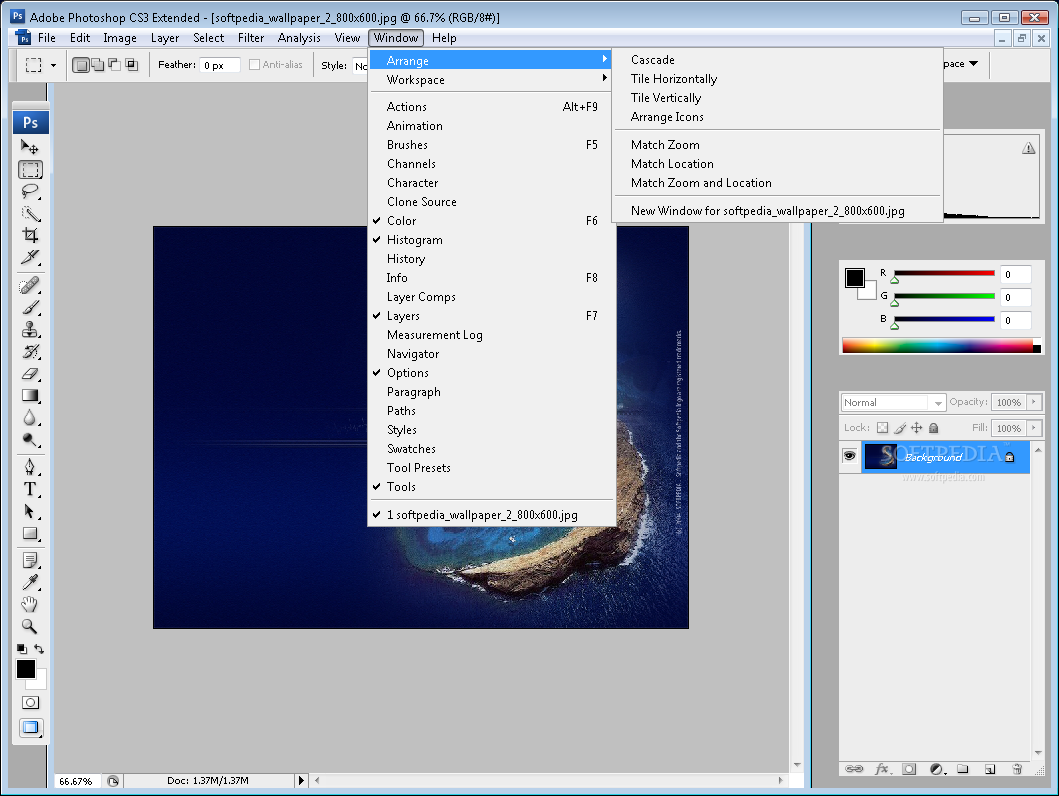

Limitations force creativity, so you can make it work, but spend more if you have it and you’re serious about your work. I3 is not great unless you’re primarily working with audio, and even then it’s not a workstation CPU. Is an i3 processor good enough for music production? But even then, one piano library can easily use up to 4GB of RAM. Your DAW and a couple of software synths will probably not even use more than 3GB or 4GB of RAM. If you are an electronic music producer that only uses software synthesizers, drum samples and loops, lots of RAM isn’t really necessary. Turn off Windows Firewall and anti-virus apps. Make sure your PC doesn’t suspend your USB devices. Adjust your PC’s power options to high performance. Adjust your processor scheduling to Background Services. How do I optimize my computer for music production?Ģ0 ways to optimize your Windows 10 PC for music productionDisable system sounds. What is the best computer for studio recording?īest Desktop Computers For Music Production (& Podcasting)All-In-One Desktop Computers. Desktops are more cost-efficient and offer a much better value in terms of how powerful they are. Is a laptop or desktop better for music production?ĭesktops vs Laptops Obviously, laptops are more portable and are the ultimate solution for those of you who are gigging or like to produce on the road. Memory should not be less than 32 gigs with 64 gigs being better. Assuming you are using a moderate number of plugins, and a couple of Virtual Instruments. When you get above the 20-track level, like 100- 120 tracks, an i7 is a great processor. I5 would give you better battery(slightly). I7 is better than i5 when it comes to performance. However, just so you know, CPUs with 6 cores have 12 threads and with 8 cores have 16 threads. Is 8 cores enough for music production?įor music production the CPU clock is not very important because everything from VST’s to samples that you have loaded on your daw will get splitted in all of the cores available in your CPU.

16 or 32 GB can help if you plan to work with the large sample libraries that are needed to emulate acoustic instruments realistically.

8 GB is plenty for the majority of music production processing. How much RAM do I need for music production?ĭespite how important RAM may seem, audio tasks are surprisingly forgiving on your system’s memory.


 0 kommentar(er)
0 kommentar(er)
